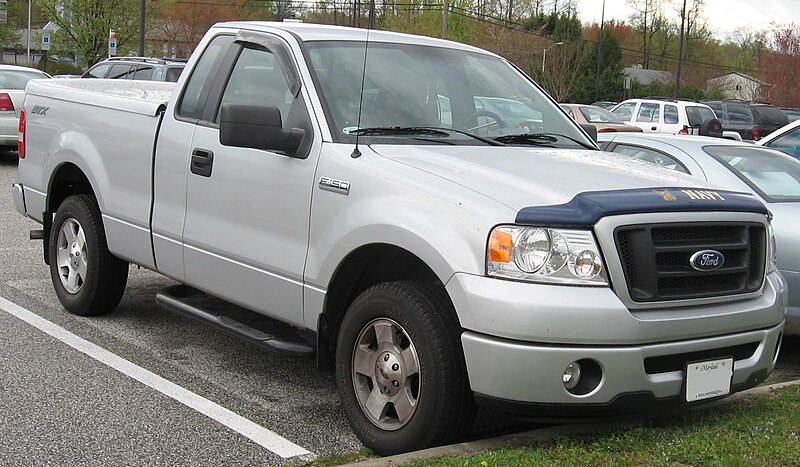This is a guest post from Bob Carlson. Bob retired last year from a 40-year career teaching high school math. Blogging keeps him out of trouble with the wife.
For fleet operators looking to add vehicles to their fleet, the overall cost of maintaining and operating any size vehicle is a major consideration. Any decent fleet operator is always looking for ways to cut costs—for instance, some fleet owners are installing nitrogen-filled tires on their vehicles, thanks to their reliability under heavy use and their fuel-saving potential. The data analysis firm Vincentric recently held its annual Best Fleet Value awards, highlighting the top models for fleet operators based on a variety of factors, including operating and opportunity costs. Here are five notable vehicles that got a nod for great value in their respective categories:
Ford C-Max Energi SEL
Photo by Mariordo via Wikimedia Commons
The C-Max Energi is one of several hybrids on Vincentric’s list, but it’s the only plug-in hybrid that made the cut. The C-Max offers the lowest taxes and opportunity costs of all the current picks over the three-year ownership period, but offers higher-than-average fuel costs in its segment.
Ford F-150 XL Reg Cab 2WD

Photo by IFCAR via Flickr
The F-150 isn’t just a hit with consumers in search of a reliable and dependable truck. Fleet buyers also see the half-ton full-size pickup truck’s proven credentials in the field and elsewhere, as well as its lower-than-average insurance, maintenance and operating costs. The F-150 also offers a unique fuel-saving proposition in the form of the 3.5-liter EcoBoost six-cylinder engine, capable of achieving an EPA-estimated 16 mpg city and 22 mpg highway in two-wheel drive guise. However, it remains to be seen how fleets will cope financially or time-wise with the engine’s added complexity. According to Ford, sales of the EcoBoost-equipped F-150 have already reached 400,000 units in the United States.
Nissan Leaf S
Photo by Tennen-Gas via Wikimedia Commons
According to data from Vincentric, the Leaf S offers better-than-average depreciation and extraordinarily low taxes due to federal and state incentives, but it’s on par with others in its segment in terms of fuel, maintenance and repair costs. The Leaf’s all-electric drivetrain also provides fleets with an economical way to shrink their carbon footprint and flex their eco-friendly credentials.
Buick Enclave Convenience FWD

Photo by IFCAR via Flickr
The Enclave is one of four Buicks that made the cut, taking top honors in the convenience four-door utility segment. Vincentric notes that Buick’s full-size crossover offered the lowest lifecycle costs in 15 of its 20 deciding criteria. Not only does it offer the lowest three-year ownership costs across the board, it also surprises many premium fleet owners with its exceptional level of luxury and comfort.
Hyundai Sonata GLS 2.4

Photo by IFCAR via Wikimedia Commons
For 2013, the Sonata proves itself as a competent choice in the mid-size sedan segment, especially in the face of strong competition from Ford and Toyota. As with last year’s Sonata, the 2013 model offers three-year fuel, depreciation and repair costs that are well-below segment averages.









